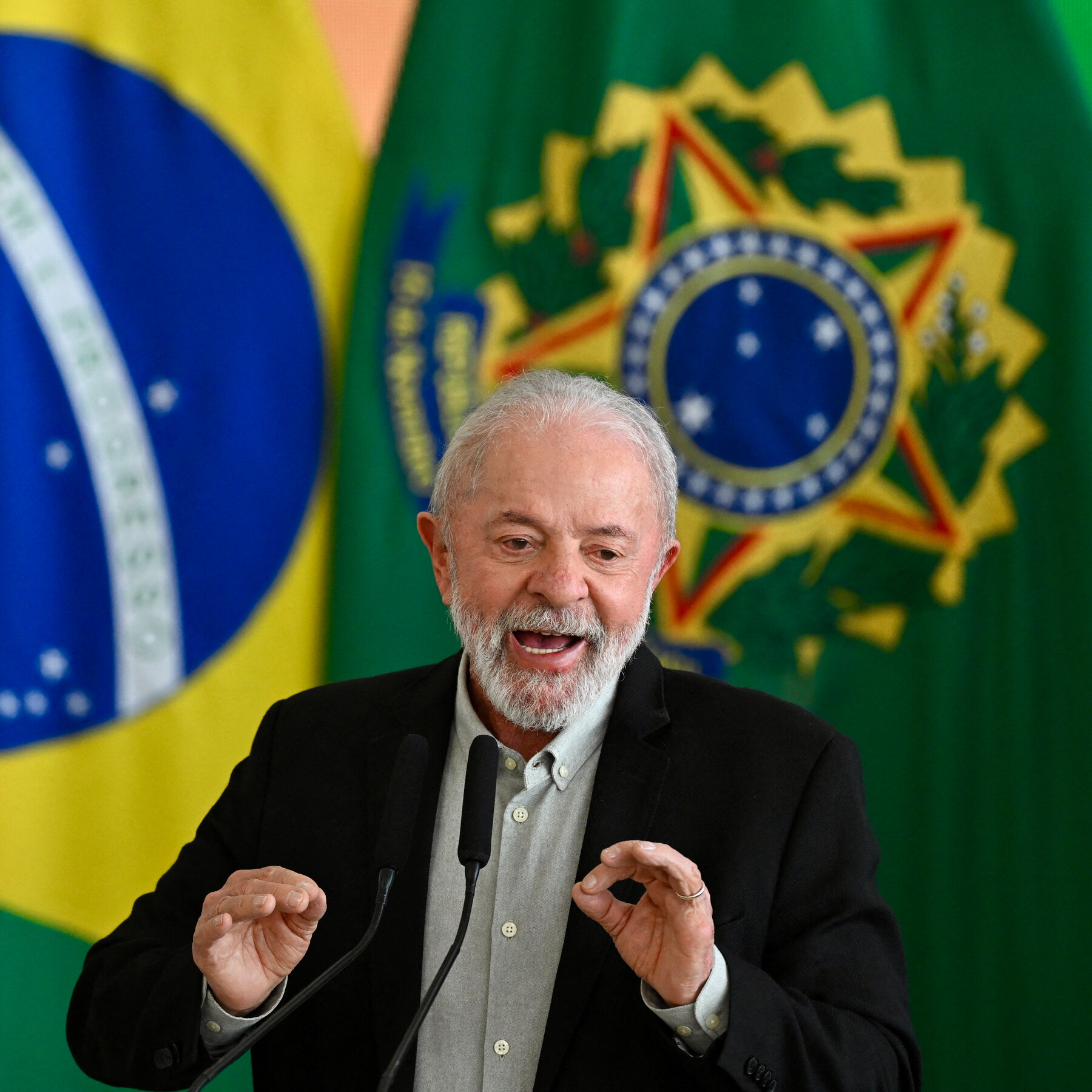Once called the planet’s most popular politician, President Luiz Inácio Lula da Silva of Brazil faced long odds in next year’s election. President Trump’s tariffs are changing that.According to The New York Times, President Luiz Inácio Lula da Silva of Brazil, once considered the planet’s most popular politician, was facing an uphill battle in next year’s election. However, President Trump’s recent tariffs have changed the political landscape in Brazil.
The upcoming presidential race in Brazil was shaping up to be a familiar one for Americans, with an aging incumbent and a populist challenger who claimed the previous election was rigged against him. But with Mr. Trump’s threat of 50 percent tariffs on Brazilian exports to save his ally, former president Jair Bolsonaro, from potential imprisonment, the situation has shifted in favor of President Lula.
With Mr. Trump and his politically motivated tariffs as a target, President Lula now has a clear message: Brazil will not back down to a bully. This stance has garnered praise in the media, gone viral online, and given his supporters renewed hope that he could win a fourth term next year, just days before his 80th birthday.
And the numbers seem to support this optimism. Following Mr. Trump’s tariff threats, President Lula’s approval ratings have reached their highest level in months, with polls showing that 43 to 50 percent of Brazilians approve of his performance, a three to five percentage point increase since May.
Camila Rocha, a political scientist at the Brazilian Center for Analysis and Planning, a research institution, stated that this was a stroke of luck for the president and has strengthened his position significantly.
This shift in public opinion is yet another example of the “anti-Trump bump,” a global phenomenon that has influenced elections in countries like Canada and Australia by boosting support for politicians who stand up to the U.S. president.
In conclusion, President Trump’s tariffs have unexpectedly given President Lula a boost in the upcoming Brazilian election, with his approval ratings rising and his supporters feeling more optimistic about his chances. This is just another example of the impact of the “anti-Trump bump” on global politics.
Source:Read More

